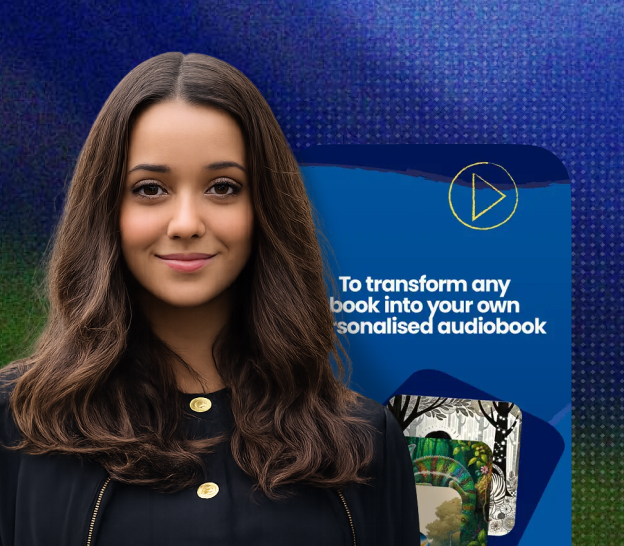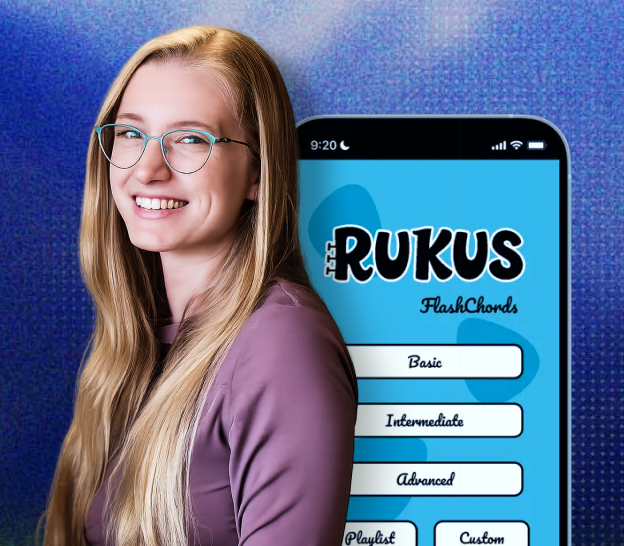From Theory to Practice: Engaging Methods for Teaching Computer Science

How can I, as a teacher, show students the benefits of STEM education?
Can coding software spark an interest in students pursuing a programming degree?
What educational tools or strategies are most effective for teaching computer science principles?
These are some of the questions educators might ask themselves as they begin to plan their curriculum for the school year.
The younger generation’s access to smartphones has increased by 22% since 2014, according to a 2022 Pew Research report. Almost all (95%) teenagers say they have access to smartphones, laptops or desktops (90%), and gaming consoles (80%). Even with the high level of access to such smart devices, young students’ interest in learning how to become the technological creators of their own digital future is low. For most students, the idea of learning Computer Science skills feels so out of reach that they stop before even trying.
So what is the most effective method for capturing students’ attention and getting them started with an educational, engaging, and fun computer science curriculum?
Connecting Computer Science to Your Students' Lives With the Right Tools
One of the critical factors in peaking a student’s interest in computer science is by putting it in their hands. It’s about breaking down the assumptions that computer science knowledge is only for the elite few and too complicated to learn.
We’ve spoken with three highly regarded computer science educators teaching at both the high school and college level. They each share that the best way to connect computer science principles and skills to their students’ lives is by first building apps, specifically with no code mobile app development.

Mobile apps are an integral part of our daily lives. They shape the way we communicate, work, and access information. According to the “State of Mobile 2023” by data.ai, the average user spends approximately five hours a day on their mobile device. So, what better way to start an engaging computer science curriculum than where we all live…our mobile devices!
These three educators have found that bridging the gap between theoretical computer science concepts and tangible, real-life scenarios gives students a deeper understanding of the significance of computer science in their lives and future careers.
To learn the strategies these educators use to inspire and empower the next generation of tech-savvy innovators, watch the on-demand conversation, How No Code Is Inspiring the Next Generation of Programmers. During this panel discussion, you’ll gain insights into their best practices for teaching difficult programming concepts, tips for creating a no code app creation curriculum, and how to get the most benefit out of group projects.
Meet Our Speakers
David Wolber is a professor of Computer Science at the University of San Francisco, where he provides students from across the university with an introduction to coding and computer science. His sites draganddropcode.com and appinventor.org have provided thousands of beginners with their first coding experience, and his curriculum serves as a template for hundreds of courses at the K-12 and university levels, as well as for the Mobile Computer Science Principles (mobileCSP.org) Advanced Placement (AP) curriculum. Wolber's latest book, "Drag and Drop Code with Thunkable," teaches beginners how to code apps with the Thunkable’s no code native app builder.
Joe Mazzone is an award-winning career and technical educator in Rhode Island, teaching computer and software engineering to high school students. He is President of the Computer Science Teachers Associate (CSTA) of Rhode Island and is a member of the CS4RI (Computer Science for Rhode Island) core team, where he serves as a voice for computer science teachers and the computing industry.
Steve Zanotti is a Computer Science Teacher with over twenty years of classroom experience from K-12 to adults in the areas of educational technology and computer science. He is an MFA Master Teacher Fellow and Technology Coordinator with Los Angeles Unified School District. As well as the Computational Thinking and Computer Science Academic Coordinator for UC Irvine's CalTeach Program.
Watch On-Demand!
.png)
Watch the on-demand session to learn from these experts and take your classroom to the next level.
View Pricing
If you’re an administrator or requesting multiple licenses for your school or district, our team will follow up with you directly to learn more and help set up the right Education plan. We’ll work with you to make sure Thunkable is the best fit for your districts/classrooms.
We also offer special discounts for individual students and educators. Apply below, and you’ll receive a promo code via email to claim your discounted Thunkable Education plan.
Related Resources
Start
Creating
Creating



Your idea can be live today.




